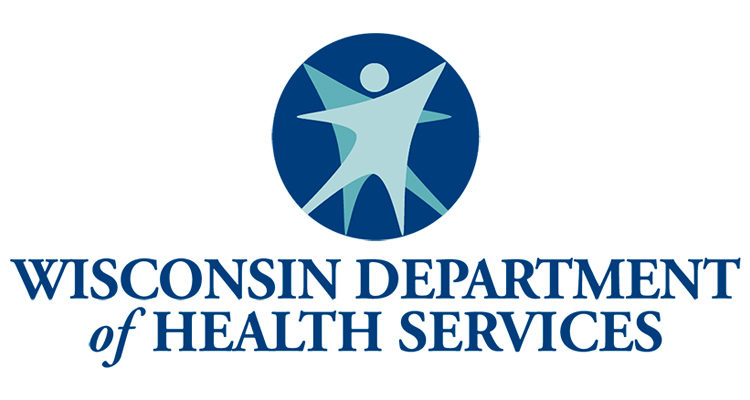Groups Eligible for COVID-19 Vaccine on March 22
Starting today, the Wisconsin Department of Health Services (DHS) announces that people age 16 and older with certain medical conditions associated with an increased risk of severe illness from COVID-19 are eligible for the vaccine. This newly eligible group adds more than 2 million people into the population eligible for the vaccine.
All groups now currently eligible for the COVID-19 vaccine include:
• Frontline health care personnel
• Residents and staff in skilled nursing and assisted living facilities
• Police and fire personnel, correctional staff
• Adults age 65 and older
• Educators and child care staff
• Individuals enrolled in Medicaid long-term care programs
• Some public-facing essential workers
• Non-frontline essential health care personnel
• Staff and residents in congregate living facilities
Individuals age 16 and older with the following medical conditions:
• Asthma (moderate-to-severe)
• Cancer
• Cerebrovascular disease (affects blood vessels and blood supply to the brain)
• Chronic kidney disease
• COPD (chronic obstructive pulmonary disease)
• Cystic fibrosis
• Diabetes
• Down syndrome
• Heart conditions, such as heart failure, coronary artery disease, or cardiomyopathies
• Hypertension or high blood pressure
• Immunocompromised state (weakened immune system) from solid organ transplant, blood or bone marrow transplant, immune deficiencies, HIV, use of corticosteroids, or use of other immune weakening medicines
• Liver disease
• Neurologic conditions, such as intellectual disabilities and dementia
• Obesity (body mass index [BMI] of 30-39 kg/m2)
• Overweight (BMI of 25-29 kg/m2)
• Pregnancy
• Pulmonary fibrosis (having damaged or scarred lung tissues)
• Severe Obesity (BMI 40 kg/m2 or more)
• Sickle cell disease
• Thalassemia (a type of blood disorder)
“We have come a long way since we first received vaccine in mid-December. In just three months, our vaccine providers were able to fully vaccinate over 850,000 Wisconsinites,” said DHS Secretary-designee Karen Timberlake. “As people with certain medical conditions begin signing up for vaccination appointments, we ask for everyone’s continued patience. Some places may have waitlists, but eventually everyone will be able to get protected against the virus.”
There are many options for getting a vaccination. This can be through any of the following:
• DHS, federal, and locally run community-based vaccination clinics
• Pharmacies
• Health care providers
• Local and tribal health departments
• Employers
More information about each of these options is available on the COVID-19 where to get vaccinated page.
To find a local vaccine provider visit the COVID-19 vaccine provider map.
Certain vaccine providers are using the COVID-19 Vaccine Registry. Anyone can register for an appointment using the COVID-19 vaccine registry. After you register, you will be notified when you are able to schedule an appointment. Appointments are based on whether a vaccine provider in your area uses the registry for scheduling and has available vaccine, and your place on the waitlist.
Individuals can also call the toll-free vaccine hotline at 1-844-684-1064 with questions or help registering for a vaccination appointment.
By May 1, anyone 16 and older will be eligible for the vaccine.
As more Wisconsinites get fully vaccinated and COVID-19 disease rates remain high, it is critical for everyone to continue good public health practices. Masking up, staying physically distant, washing hands, and getting tested continue to be crucial tools for protecting ourselves and our communities against COVID-19. Individuals who are fully vaccinated can review recently released post-vaccination guidance.
Make sure you are protected from COVID-19 vaccine scams with these simple tips. For information, resources, and data related to Wisconsin’s COVID-19 vaccination program, visit the COVID-19 vaccine webpage.
Find more press releases HERE.

